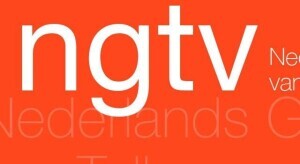Student membership
Students can also join the NGTV! Membership can be very valuable in the run-up to your new job. In addition to the benefits listed below, you will also find more information for starters below.
All benefits

Students can also join the NGTV! Membership can be very valuable in the run-up to your new job. In addition to the benefits listed below, you will also find more information for starters below.
All benefits

Students can also join the NGTV! Membership can be very valuable in the run-up to your new job. In addition to the benefits listed below, you will also find more information for starters below.
Groups and sections

If you’d like to change your details or if you have any queries, we’re happy to help!
Contact


In addition to excellent language skills, you also need to learn the art of interpreting, be confident and have a good understanding of how both cultures relate to each other.
Interpreting assignments require you to be able to work under pressure, sometimes having to travel a lot or be called in at the last minute. On the other hand, no two days are ever the same, you meet new people every day and you can help them to feel heard.
As an interpreter, there are roughly three areas of work you can go into.
In addition to your work, it is important to stay up to date with the latest developments and knowledge. If you are certified, this is a requirement, but even if you’re not certified, we recommend that you regularly attend refresher courses.

Many people are proficient in two or more languages. However, this does not automatically make them good translators. What does it take to become a good translator?
Strictly speaking, no formal education is required, but simply being fluent in two languages is never enough to work professionally. Clients often require that you have translation training and work experience. Well-trained translators therefore have a better chance of finding work and of becoming a member of the NGTV, which is a mark of quality.
